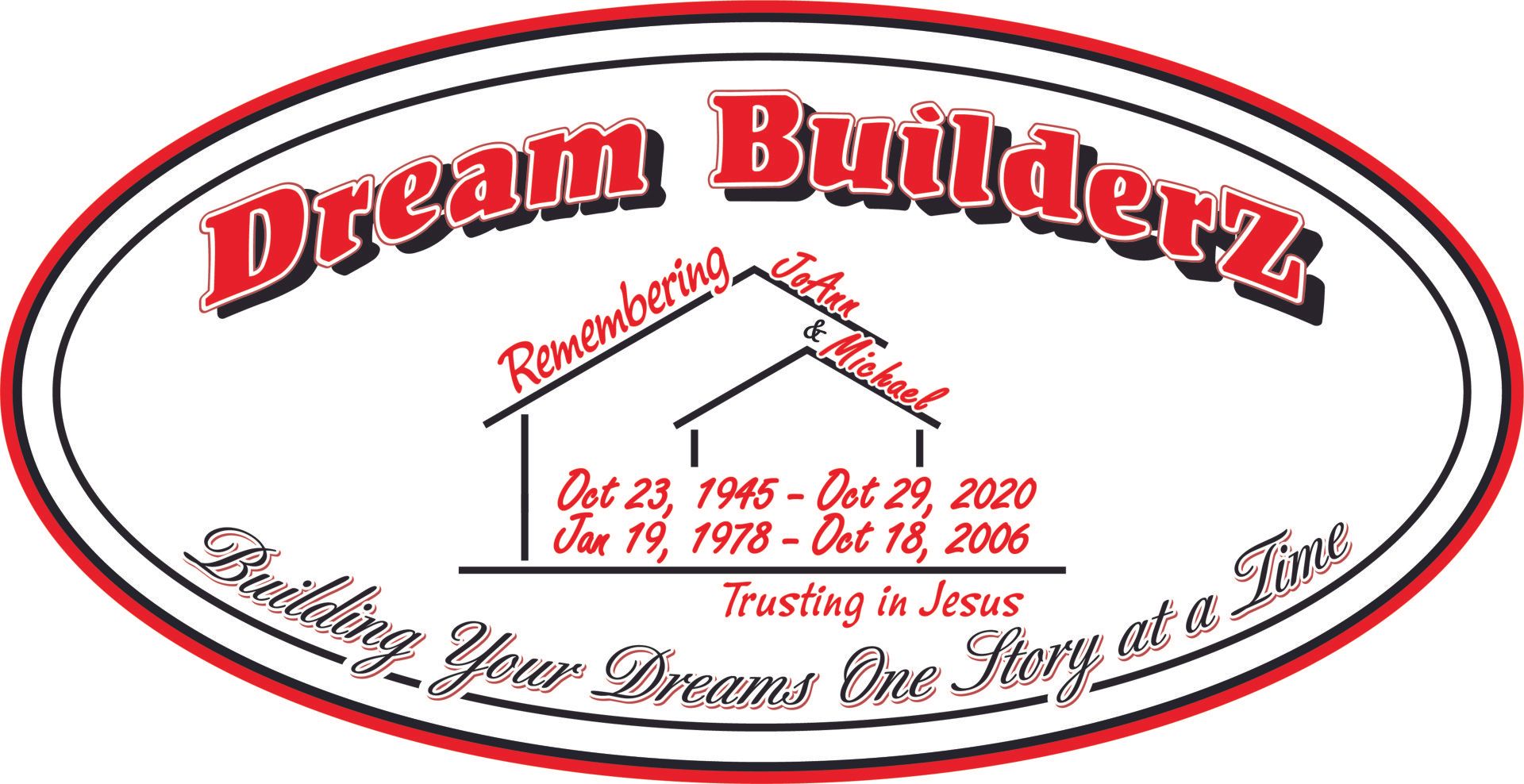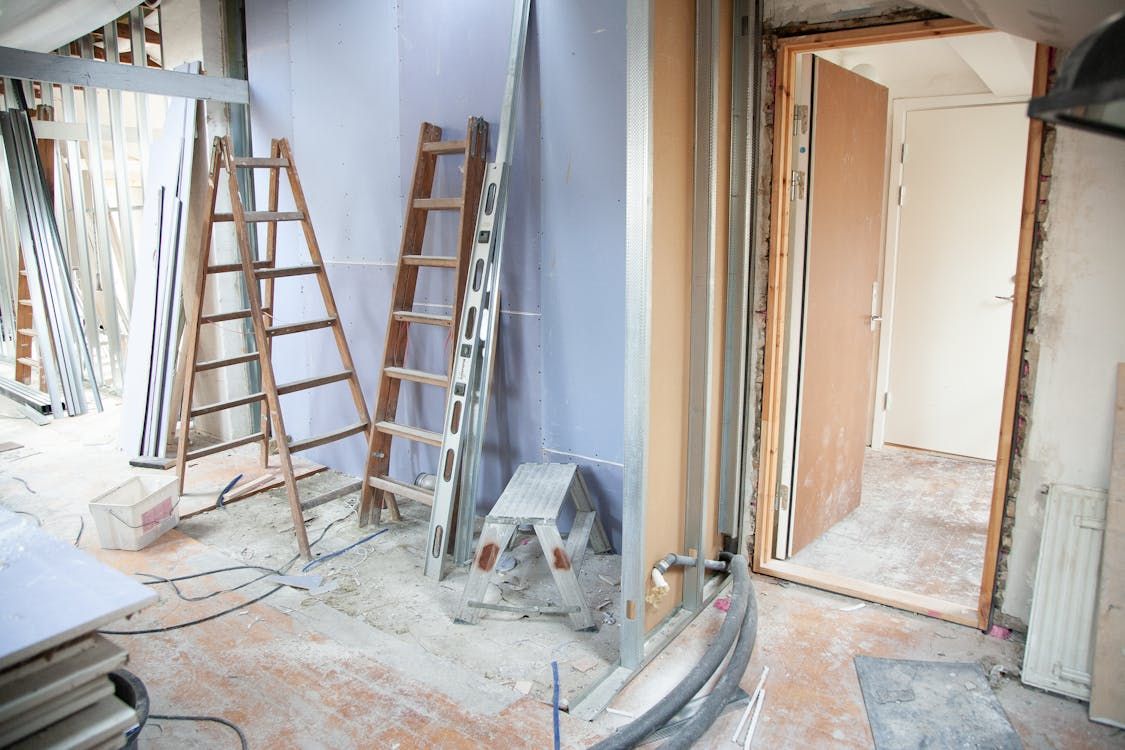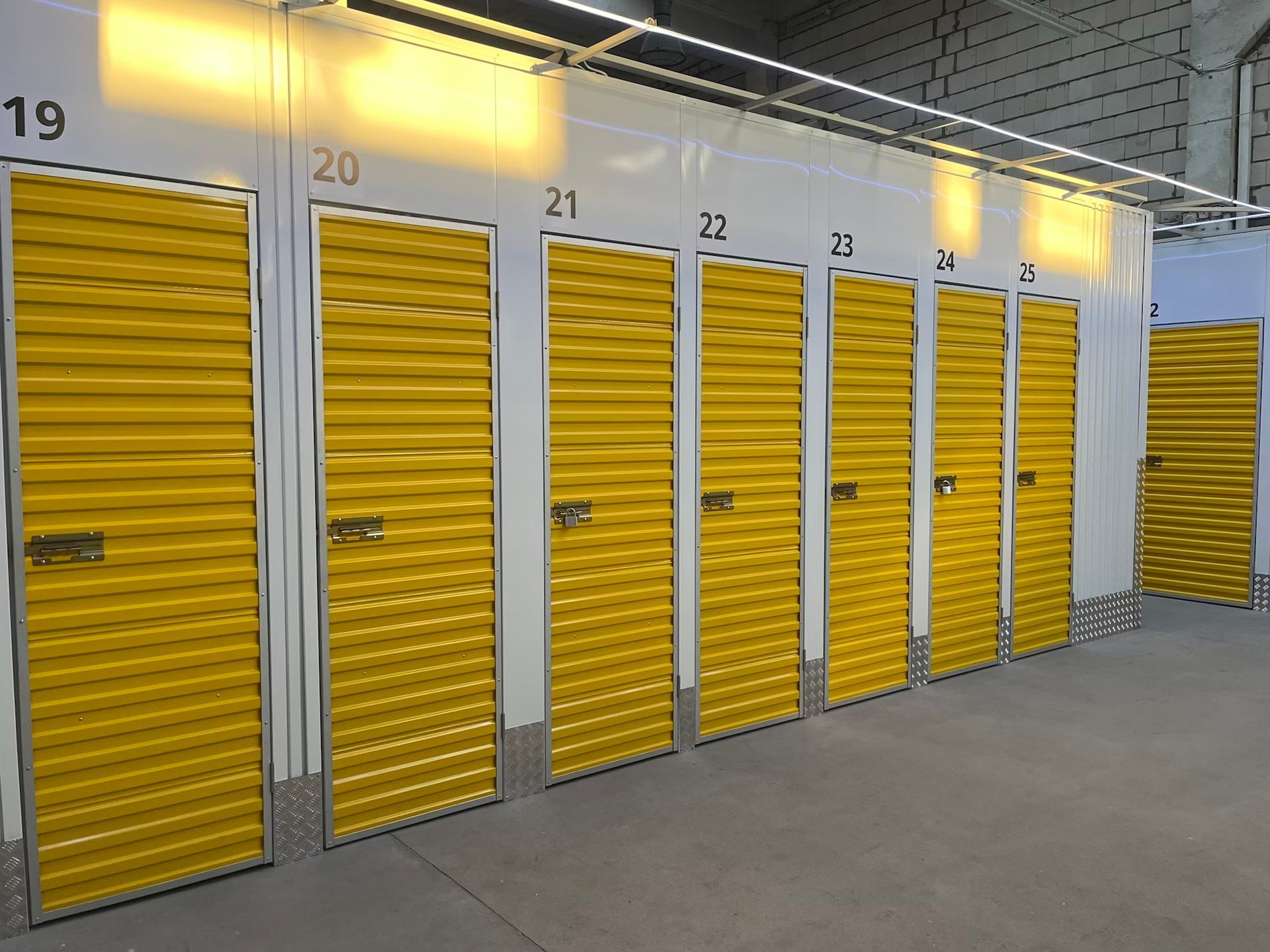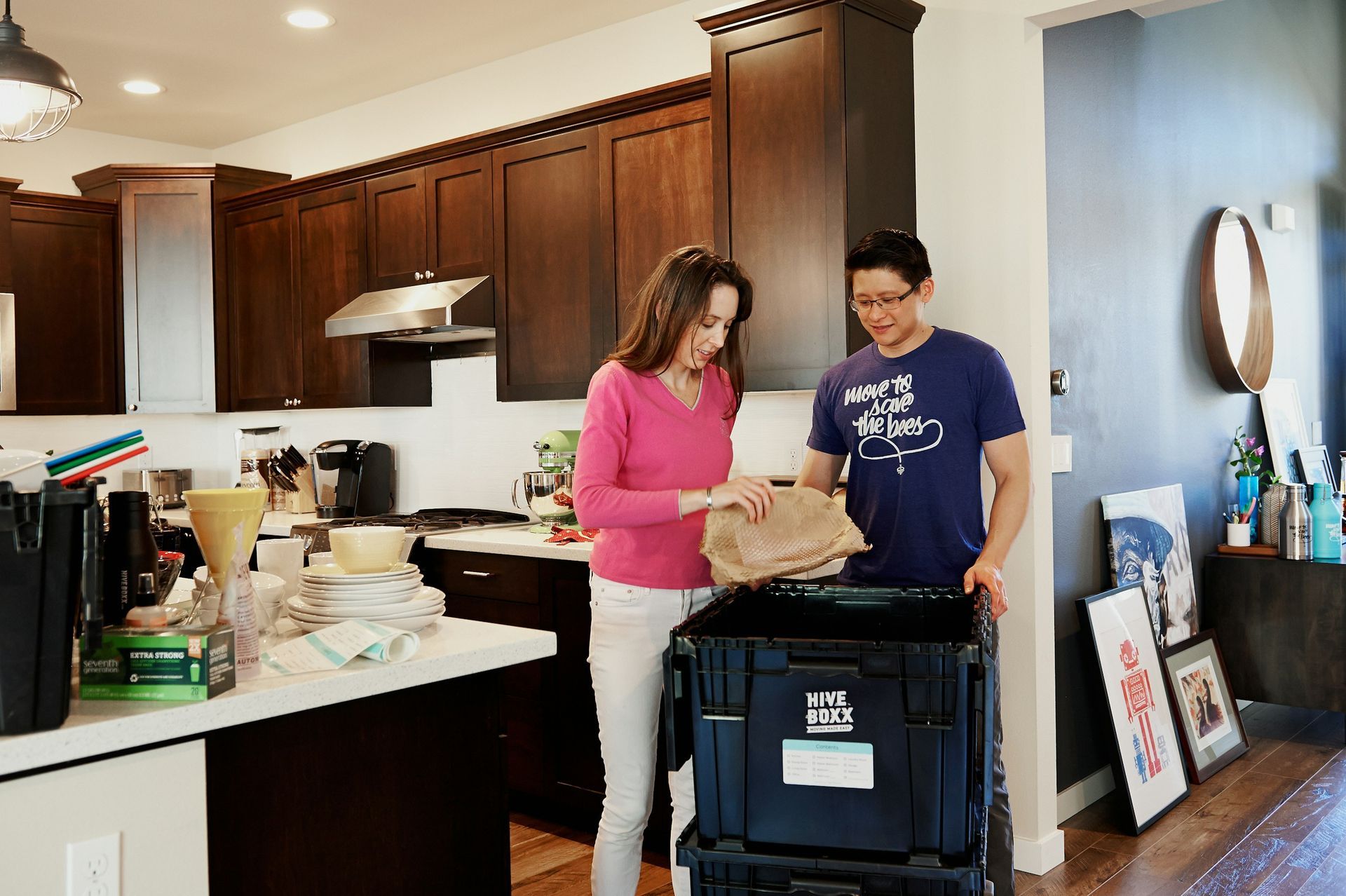The Essential Guide to Relocating for a Home Expansion Project
Relocating during a home expansion project might seem like a hassle, but it can actually be a smart decision. Living in a construction zone comes with challenges—constant noise, dust, and safety concerns can make your daily life uncomfortable. By temporarily relocating, you avoid these disruptions and give your project the space it needs to progress smoothly. This guide will walk you through the process, making your relocation experience as stress-free as possible while your home gets the upgrade it deserves.
Assess Your Need to Relocate
Before making any decisions, it's important to assess whether relocating during your home expansion project is necessary. Start by considering the scale of the project. If you’re planning significant renovations, like
adding new rooms or making structural changes, the noise, dust, and disruption might make staying at home uncomfortable. Safety is another factor to think about. If the construction involves areas close to your living spaces or includes electrical and plumbing work, staying could expose you to potential hazards. Finally, consider how the project will impact your daily routine. If it’s going to make cooking, sleeping, or relaxing difficult, relocating might be the best option to maintain your comfort and peace of mind.
Choose the Right Temporary Accommodation
Choosing the right temporary accommodation is key to a smooth relocation experience. Consider what type of housing will suit your needs best—whether renting a house, an apartment or staying with family or friends. Proximity to your home is important, especially if you plan to check in on the project regularly. Look for a place that’s close enough to make visits convenient but far enough to escape the noise and dust. Flexibility is also crucial, as construction timelines can be unpredictable. Short-term lease options or month-to-month rentals offer the flexibility to adjust your stay as needed. Lastly, balance comfort with cost by considering your budget and how long you might need to stay.
Pack Smart: What to Take and What to Store
Packing smartly for your temporary move can make a big difference in how smoothly things go. Focus on packing only the essentials—items you’ll need daily, like clothes, toiletries, and important documents. Everything else can be stored safely away until the project is complete. In a city like Chicago, where finding extra space can be a challenge, renting a storage unit is a practical solution. It’s one of the best
storage options for your project, helping to keep your belongings secure and easily accessible. It’s also helpful to label your boxes clearly so that unpacking at your temporary place is quick and easy. Keep track of important items by creating a list or taking photos, ensuring you don’t misplace anything during the move.
Manage the Logistics of the Move
Managing the logistics of your move is all about planning ahead. Decide whether to hire professional movers or rent a truck to handle the move yourself. Professional movers often have experience in
packing and moving large items, which can be a helpful advantage. Research and book them early to secure your preferred date. Timing is important—aim to schedule your move just before major construction work begins to avoid unnecessary disruption. Create a checklist of tasks to complete before you leave, such as forwarding your mail, setting up utilities at your temporary place, and informing your neighbors about your plans.
Stay Connected with the Home Expansion Project
Staying connected with your home expansion project while you’re away is essential for keeping things on track. Regular check-ins with your contractor are a must. Schedule weekly updates to discuss progress, address any concerns, and make decisions as needed. If possible, set up remote monitoring tools, like security cameras, to keep an eye on the work from a distance. Clear and consistent communication is key—make sure you and your contractor are on the same page about timelines, budget, and any changes to the plan. It’s also a good idea to visit the site periodically, if feasible, to get a firsthand look at how your home improvement is going and address any issues promptly. You can help avoid surprises and keep the project moving smoothly by staying engaged.
Make the Most of Your Temporary Living Situation
Making the most of your temporary living situation can help reduce stress and improve your overall experience. Create a comfortable space by setting up your temporary accommodation with familiar items like photos, favorite blankets, and personal touches. Explore the new neighborhood for nearby amenities such as grocery stores, cafes, and parks. This can help you feel more at home and ease any feelings of displacement. Maintain your daily routines as much as possible to stay grounded and reduce stress. Engage in local activities or hobbies to keep yourself occupied and make the temporary move more enjoyable.
Plan Your Return Home
Planning your return home is crucial for a smooth transition back after your home expansion project is complete. For starters, create a timeline for your move back. Check with your contractor to ensure the project will be finished on schedule and that everything is in good condition. Before you return, inspect your home to confirm that utilities like water, electricity, and gas are functioning properly. It’s also wise to do a thorough cleaning or arrange for professional cleaning if needed. Once you’re back, take some time to unpack and set up your home. Adjust to the new layout and check that all renovations meet your expectations. By planning ahead, you’ll make the transition back as seamless as possible.
Conclusion: Enjoy Your New and Improved Space
Relocating during a home expansion project can make the renovation process much more manageable and less stressful. By carefully assessing your need to move, choosing the right temporary accommodation, and staying connected with the progress, you set yourself up for a smoother experience. Packing smartly and managing logistics effectively helps keep things organized. Making the most of your temporary living situation and planning your return home ensures you transition back comfortably. Embrace the temporary change and look forward to enjoying your newly expanded and improved home.

















